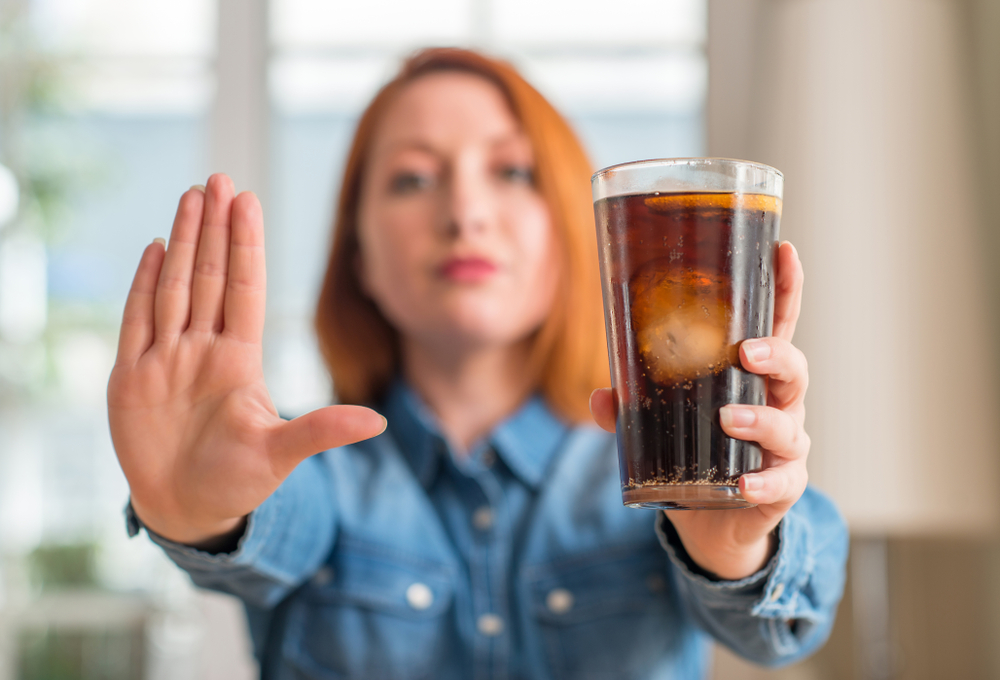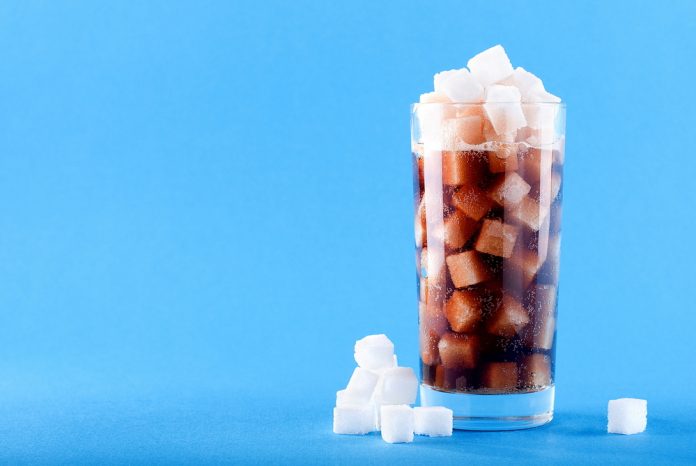Soft drinks have a lot going for them: they pack on weight, rot your teeth and often leave you still thirsty.
But somehow soft drinks continue to be a go-to beverage and avoid serious personal scrutiny, much less social rejection.
Soft drinks are the single largest source of kilojoules in the Australian diet and are the biggest-selling item by volume in our nation’s supermarkets.
And what do they give us? Nothing much at all – no micro nutrients or muscle builders, blood cleaners or mood soothers: just more sugar than our bodies can process in one glassful.
Studies have verified that if a person were to drink a single can of soft drink every day and change nothing else in their diet, they would gain more than two kilos a year. The average soft drink contains a whopping 10 teaspoons of sugar, so it is little wonder.
Soft drinks are a gobsmacking $3.8 billion a year industry in Australia. The manufacturers are in the business of feeding our apparently unquenchable thirst with their loaded-but-empty products.
They want us to crave it, and we do.
Findings in a study by Flinders University PhD student Joshua McGreen revealed this month that those who experienced soft drink cravings tend to drink more of it, which is not the same for coffee or water.
 You want it and you chug it and then you have some more. Soft drinks turn off the ‘enough’ button in our brains. We pour in the liquid kilojoules and the brain still tells us to eat normally as well.
You want it and you chug it and then you have some more. Soft drinks turn off the ‘enough’ button in our brains. We pour in the liquid kilojoules and the brain still tells us to eat normally as well.
It is a dreadful, fat and unhappy combination and we wear it badly.
And don’t think those ‘non-sugar’ sugars are a good workaround: authoritative research published in the British Medical Journal this month adds to mounting evidence that artificial sweeteners may be just as harmful to your health as sugar, but in a different way.
The study of 100,000 adults in France found those who consumed regular amounts of aspartame had a higher risk of stroke. And those who consumed sucralose have a higher risk of heart disease.
Let’s give soft drinks – whether they be regular, low-sugar or pretend sugar – the heave-ho.
It is a simple step for a nation increasingly swathed in fat and bogged down in the horrid complications of obesity.
It should have no place in our diet when we can turn a tap and enjoy as much fresh, healthy, zero kilojoule, mineral-rich, life-giving water as we want.
A big, lively cheers to that.
Dr Jane Stephens is a UniSC journalism lecturer, media commentator and writer. The views expressed are her own.





